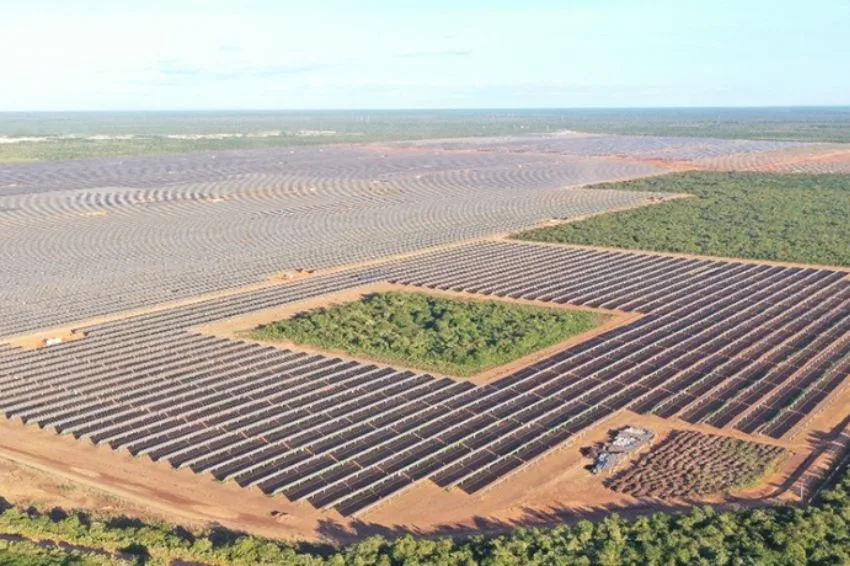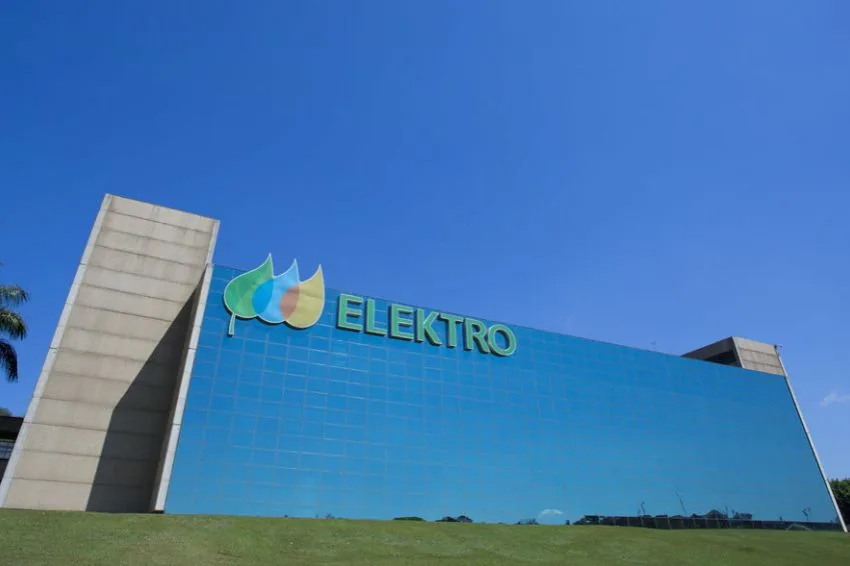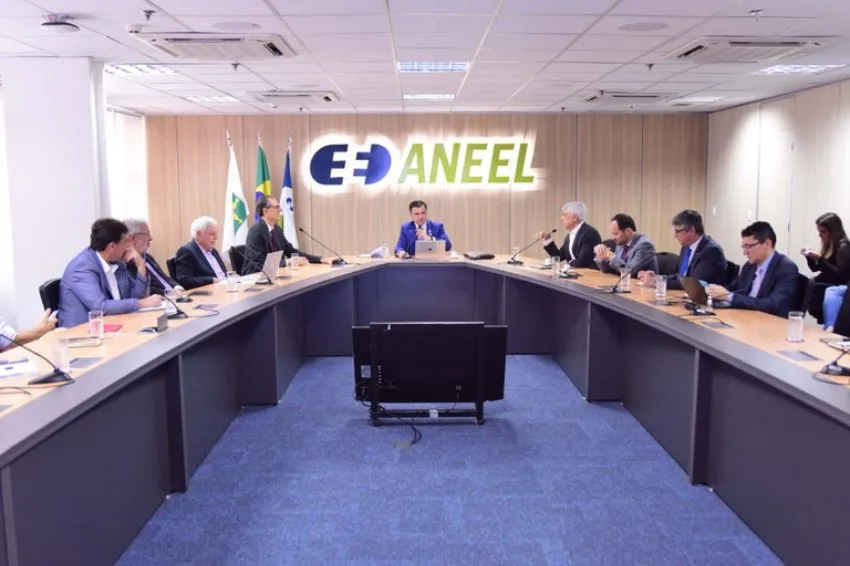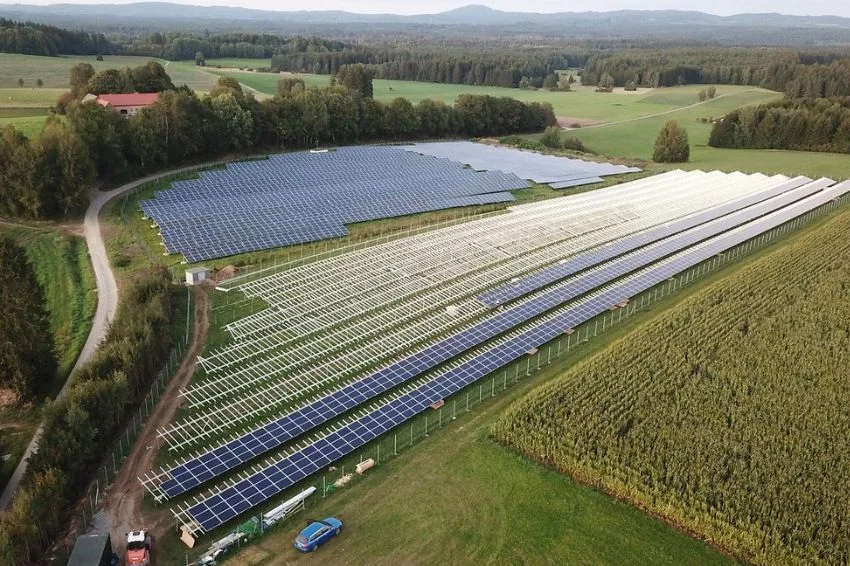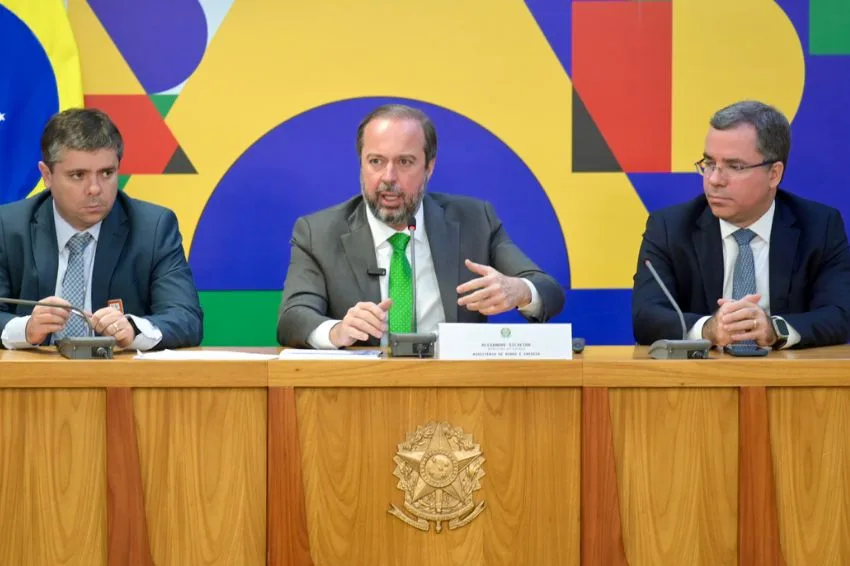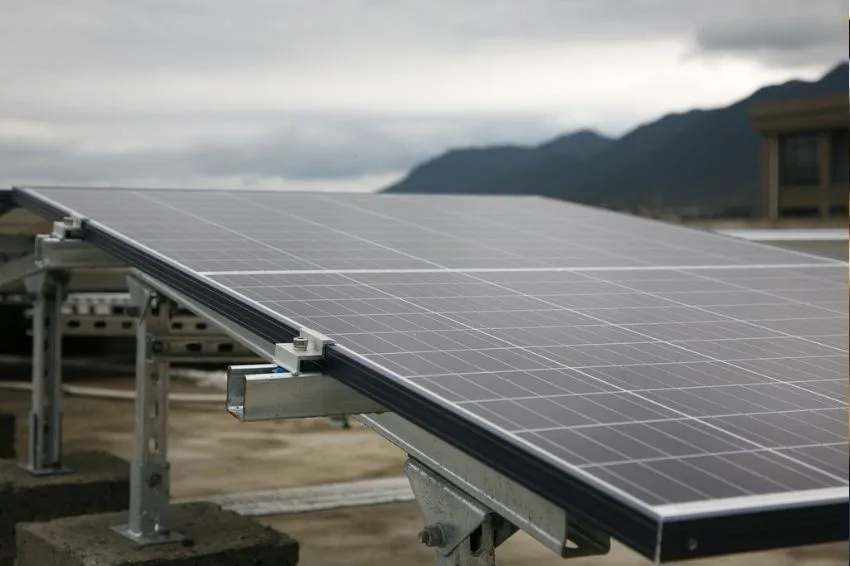This Tuesday morning (20), the board of directors of ANEEL (National Electric Energy Agency) will debate the draft Technical Note 041/2022 to open a Public Consultation on the regulation of distributed generation in the country.
Canal Solar brings a series of reports with the main topics brought by the Agency. In the first report, we brought information about dispatchable generation; generating plant division; association for shared generation; between others.
This second report presents some of the following themes present in the draft of ANEEL Technical Note 041/2022:
- Storage systems;
- Hybrid power plant and ancillary services;
- Option B;
- Use of surpluses;
- Compensation System.
Storage systems (art. 2 of Law no. 14,300/2022)
Among the many new features introduced by Law 14,300 regarding the connection of distributed micro and minigeneration, is the permission for systems with energy storage and hybrid systems to request a connection quote from the distributor.
It is important to highlight that the Law does not open space for the use of non-renewable sources or price arbitration through charging a battery bank with energy from the distribution network.
This is because for generating plants to be classified as micro or minigeneration and, consequently, to participate in the SCEE, renewable sources of electrical energy or qualified cogeneration must be used.
In NT 041/2022, ANEEL proposes that the limit of 90% of the estimated energy production of generating plants be adopted as the maximum value of the battery bank capacity, regardless of the technology used.
“This would avoid the implementation of storage systems incompatible with the generation capacity, making it difficult to enjoy the SCEE with energy from the grid instead of the sources mentioned in Law No. 14,300/2022”, assessed the Agency.
Considering the solar energy market, an important point to be highlighted in this topic is that ANEEL recalls that to be considered dispatchable, solar must be associated with a battery system with a minimum storage capacity of 20% of the plant's monthly generation.
As a result, the Agency proposed the following formula:
And to calculate the capacity of the battery bank (kWh), you must use the formula presented below:
Where:
- The battery bank voltage is direct current [Vdc];
- DoD means battery depth of discharge, given as a percentage.
ANEEL emphasizes that tests must be carried out in laboratories accredited by Inmetro or accredited in other countries that are signatories to the International Laboratory Association (ILAC MRA) mutual recognition agreement.
Hybrid plant and ancillary services (arts. 2 and 23 of Law no. 14,300/2022)
Regarding hybrid plants, ANEEL recalled that this topic has already been addressed in Resolution 945/2021, which amended art. 3rd of Resolution 876/2020.
However, the Agency highlighted that the standard does not address hybrid plants within the scope of the distribution system, including the requirements for contracting and billing for use of the network, nor does it address the registration of generating plants with power less than or equal to 5 MW.
And for this reason, ANEEL sees the need to open a specific process to regulate this topic, with a different scope than that covered in Technical Note 041/2022, as hybrid plants have the potential to operate in both the free and regulated markets, in addition to be able to participate in the energy compensation system.
And, according to the Agency, this process should be included in ANEEL's Regulatory Agenda.
ANEEL also pointed out that ancillary services must have specific regulations, to be included in the list of actions included in its Regulatory Agenda.
Postponement of deadline for completing improvements and network reinforcements (art. 7 of Law no. 14,300/2022)
Article 7 of Law 14,300/2022 made it possible to extend the deadlines established for completing improvements and network reinforcements indicated in the connection budget, in cases of proof of progress in environmental licensing or plant implementation works, when duly communicated by the access to the distributor.
As a consequence, in these cases there would be a postponement of payment of CUSDs (Distribution System Use Contracts).
However, ANEEL highlighted that the current regulations already provide, in art. 157 of Resolution 1,000/2021, the extension of the for generating plants, accessing distributors, exporting agent or importing agent.
“In this sense, to regulate art. 7th of the Law, it is suggested to include mini-generators within the scope of art. 157 of REN nº 1,000/2021, with provision for postponing the CUSD also in the cases provided for in art. 7th of the Law for these agents. As a result, the current rule in art. 157 of REN No. 1,000/2021 and the possibility brought in the Law would be duly regulated for distributed mini-generators”, proposes ANEEL.
Minimum period for changing distributor standards or procedures (art. 31 of Law no. 14,300/2022)
One of the determinations of Law 14,300/2022 was that any change in standards or procedures of distributors related to distributed micro, or mini-generation, or to consumer units participating in the SCEE, must be published with a minimum period of 90 days for its entry into force.
ANEEL highlighted in NT 041/2022 that Resolution 1,000/2021 has already established a period of 120 days for editing or changing its norms, or technical standards by the distributor in general. With this, the determination of article 31 is now in force.
Measurement systems (art. 8 of Law no. 14,300/2022)
According to the Agency, the technical and financial responsibilities for the measurement system for microgeneration systems were allocated to the distributor.
For minigeneration, the financial responsibility for the costs of adapting the measurement system was allocated to the person interested in the connection.
Billing option by Group B (§1 of article 11 of Law no. 14,300/2022)
Law 14,300/2022 established that consumer units with local generation whose total nominal transformer power is equal to or less than 112.5 kVA can opt for billing using the Group B tariff.
As this topic is already addressed in article 292 of Resolution 1,000/2021, ANEEL suggested the inclusion of this article containing the specific conditions so that units with distributed minigeneration can opt for Group B billing, as determined by Law 14,300/2022 .
An important point in this topic is that the new legal provisions on the possibility of opting for Group B billing brought new requirements for Group A consumers to exercise this option, or remain in this billing modality.
For this reason, some Group A users who exercised this option in the past may not be adapted to the new legal criteria.
At this point, ANEEL brought in its Technical Note Opinion No. 00096/2022/PFANEEL/PGF/AGU21, which clarified that “in the same way that there is no acquired right to a certain legal regime, the consumer is also not guaranteed the immutability of the form of billing for your consumer unit”.
With this, the Agency proposes to grant a period of time so that units that have already exercised this option in the past can adapt to the new legal requirements. If there is no adequacy, it is proposed to apply the provisions in Resolution 1,000/2021 on the testing and supply period without the appropriate contract.
Limits on the use of surpluses and energy credits and charging the cost of availability (art. 16 of Law no. 14,300/2022)
On this topic, Law 14,300 does not bring many innovations, since Resolution 482/2012 already contains rules for the offset of credits generated through micro and minigeneration.
On this point, the Law brought the possibility of reducing the cost of availability for microgenerators with compensation in the same generation location, and whose installed power is less than or equal to 1,200 W, with ANEEL being responsible for establishing the value of the reduction.
In the Technical Note, the Agency assesses that “from a technical point of view, there is no reason to differentiate between users covered by paragraph 2 of art. 16 of the Law on other consumers. In other words, except for the legal possibility of reduction, these users are the same as their peers, causing similar impacts, without being able to differentiate them from a technical or economic point of view. Therefore, the reduction in the cost of availability made possible by the Law would only increase the tariffs of other users, without identifying the gains resulting from the measure”.
In other words, ANEEL suggests that there be no reduction for users covered by paragraph 2 of art. 16 of Law 14,300/2022. The Agency claims that its proposal is based on the principle of reasonable tariffs, since, according to it, other consumers who do not have microgeneration are already being burdened with other subsidies introduced in this same Law.





